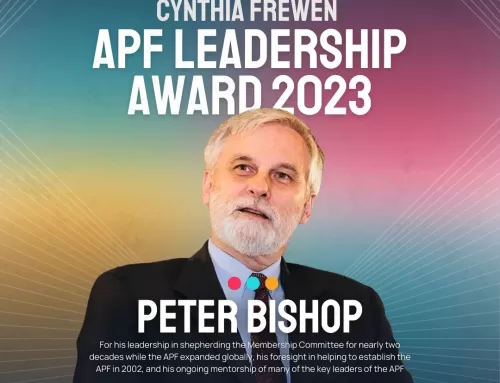As the new Fall 2018 FIM researcher, I thought I would share some first impressions. A lmost all the articles about futurists have been positive or neutral, with only a few truly negative. Even when used in a non-futurist context, however, the “borrowed” term has had a positive connotation. It seems to be OK – dare we say “cool” — to be a futurist in music, shoe, wearable tech, or clothing design. But that cool factor doesn’t seem to transfer over when discussing foresight as a professional discipline. Why is this?
lmost all the articles about futurists have been positive or neutral, with only a few truly negative. Even when used in a non-futurist context, however, the “borrowed” term has had a positive connotation. It seems to be OK – dare we say “cool” — to be a futurist in music, shoe, wearable tech, or clothing design. But that cool factor doesn’t seem to transfer over when discussing foresight as a professional discipline. Why is this?
Perhaps it’s because the field is still pretty new. Not too long ago futurists were viewed suspiciously, sometimes as charlatans, in spite of the good work I’ve come across as a student. Foresight only recently emerged after WW2 – a newborn when compared to many other disciplines. The World Future Society was founded in 1966. The first graduate programs in Houston and Hawaii began in 1970s.
That said, we’re not the only new field. The first computer science degree program was offered at Purdue in 1962, and the Institute of Electrical and Electronics Engineers (IEEE) formed in 1963 as a merger of two other scientific organizations. Peace and conflict studies, earthquake/structural engineering, subatomic physics, planetary geology all took hold as formal disciplines in the 20th century with formal academic curricula and professional organizations standing up shortly after. Why do we never see something like “planetary shoes”, “peace and conflict smart watches”, or “structural engineering trousers?”
Maybe this borrowing of the futurist term could actually be put to good use. The city of Baltimore, fast food giant McDonalds, and the British store Marks & Spencer have taken what could have been seen as negative vernacular (B-more, Mickey D’s, Marks and Sparks) and, instead of fighting it, embraced it. When one searches for Bmore on the Internet, it resolves to Baltimore. When one searches for Mickey D’s, it resolves to McDonalds; and when one searches for Marks and Sparks, it resolves to Marks and Spencer.
Now it’s our turn. We’re futurists; let’s figure out how to take this borrowing – a sign of interest in what we’re doing, and use it to good advantage. Lloyd Chesley

